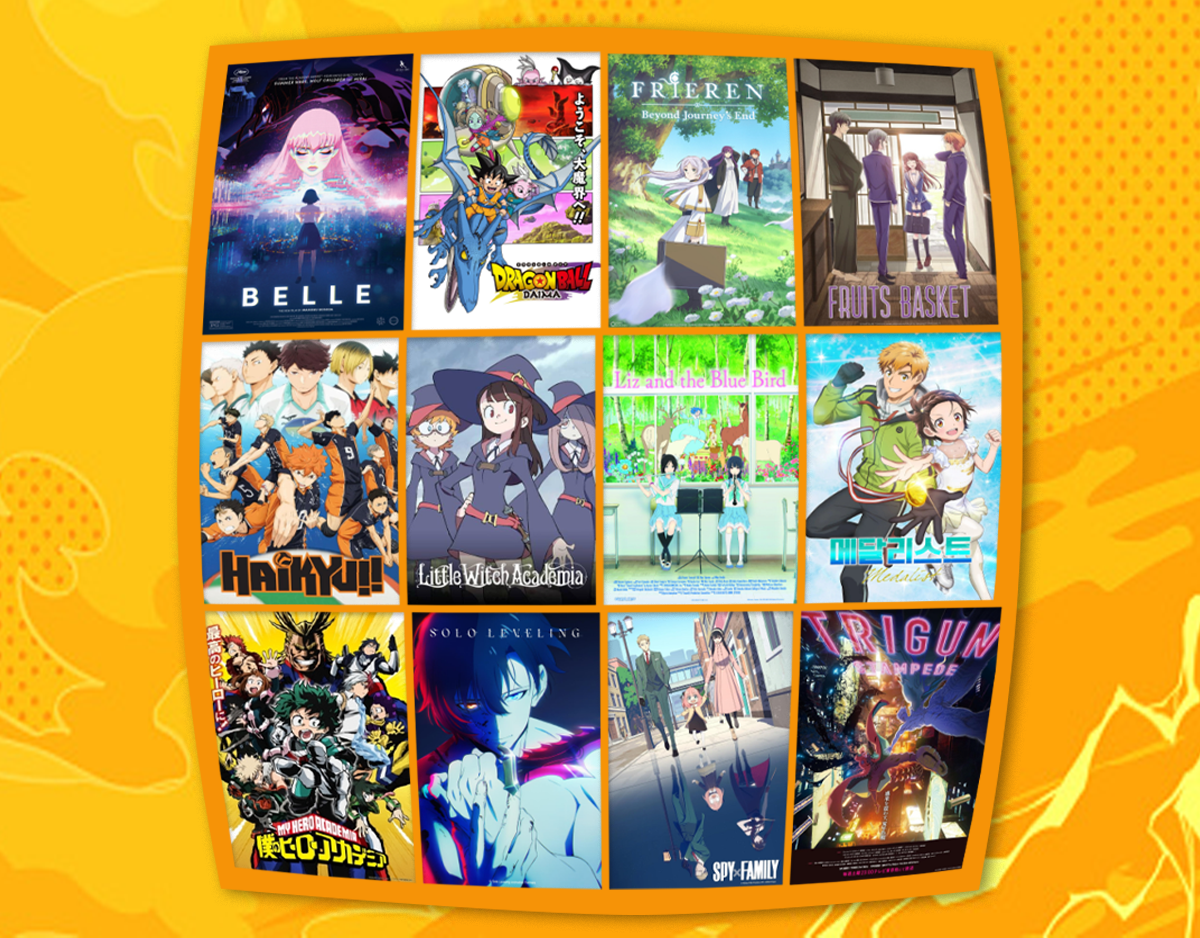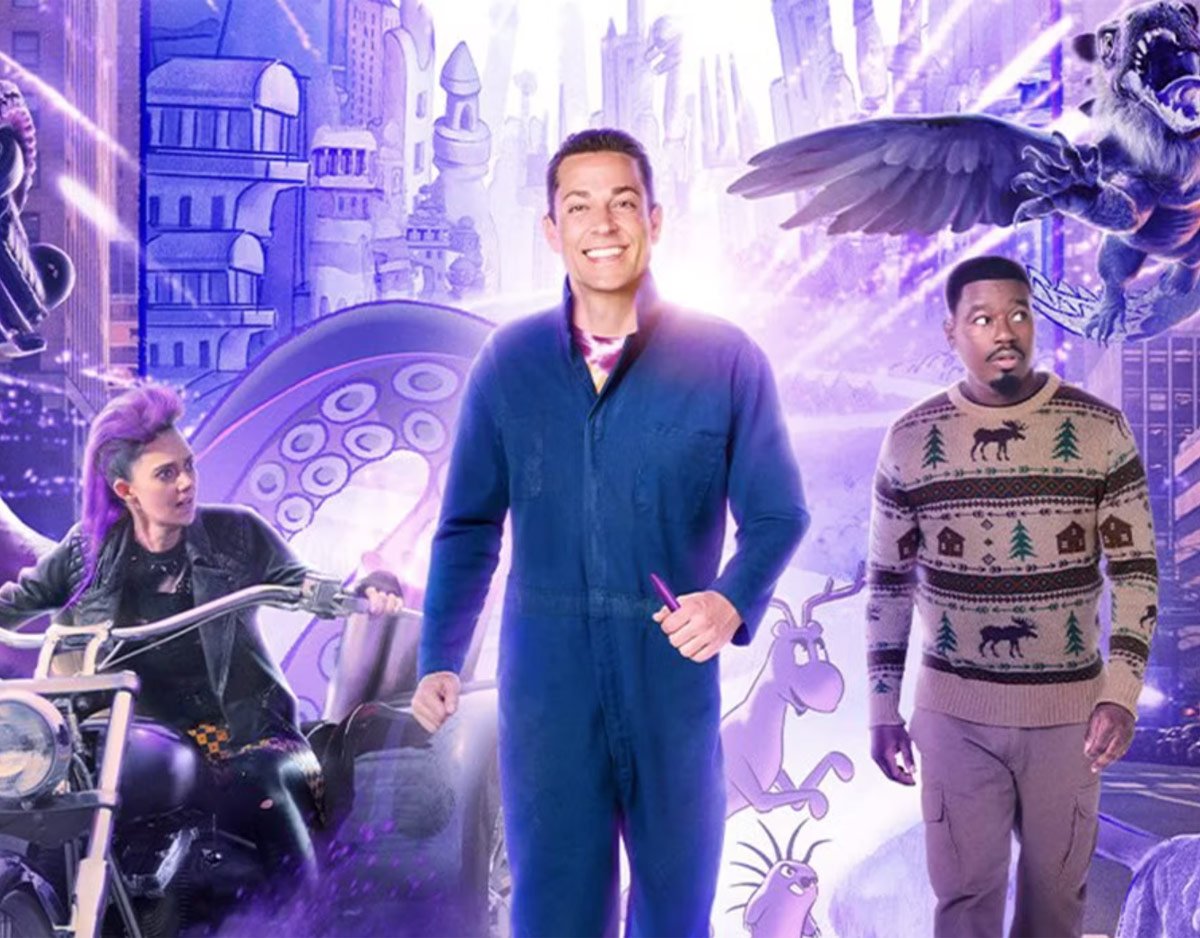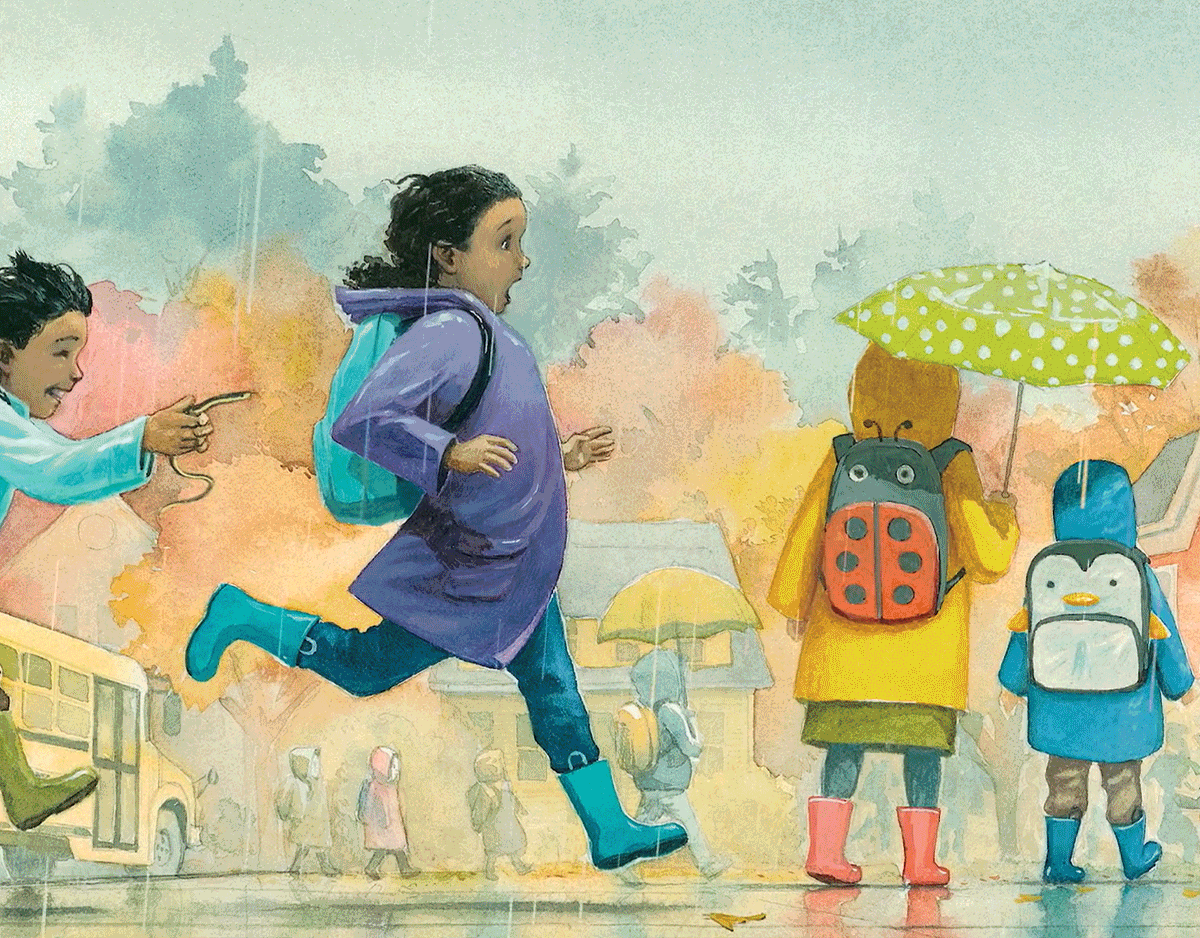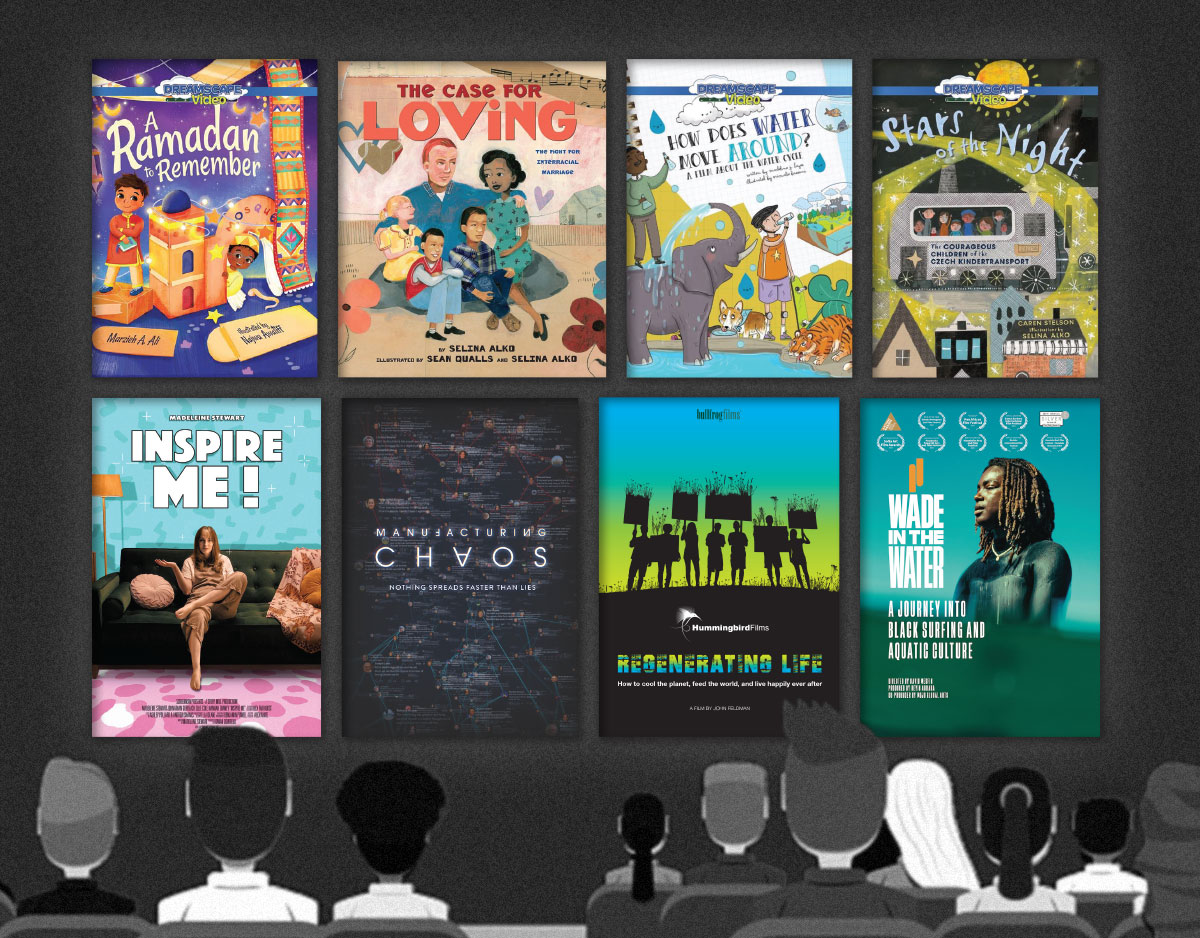Practicing Care – pt. 2
This image was created with the assistance of DALL·E 2
I think we’re going to need to prioritize self-care in the United States because this is going to be quite an election cycle. I think the work done in libraries will continue to be disrupted.
Yesterday, I started a conversation by embedding Dr. Ruha Benjamin’s work into my thoughts on self-care. However, many other sources have influenced me. You’ll find a list at the end of this piece that originated from an ALSC talk I gave about a year ago. Then, we were able to pause and reflect on the items. Take your time with this. Ask questions or leave comments so you can realize what will work for you and what you’ll need to leave behind.
ADVERTISEMENT
ADVERTISEMENT
In the meantime, I promised to provide some habits and practices that move self-care beyond performance.
First, there’s that mention of moving beyond performance.
To me, self-care is neither a trend nor a performance. We don’t do it just because everyone else is doing it. It’s post-Covid me. It’s me repairing and re-aligning, and it’s me protecting myself. Real self-care doesn’t make me think I’m the problem when it’s really the system. Dr. Doris A. Santoro’s work distinguishes between burnout, when I no longer have what tools takes to do the job, and demoralization, when the work I do is no longer reasonable or worthwhile, and this helps me realize I’m not the problem.
Examples of demoralization in a library setting can include
- performing work that doesn’t align with YALSA’s Teen Service Competencies or your library’s strategic goals.
- maintaining library practices and policies that are embedded within systemic oppressions.
- being unable to make information physically or virtually accessible.
- ignoring the culture of the community.
ADVERTISEMENT
ADVERTISEMENT
Being one of the few in our library working to alleviate any of this while calling out an unresponsive leadership team is a demoralizing blow from a faulty system. It erodes us and makes us feel we’re working to change a broken system.
I’m not the problem when my commitment, competence, and collegiality don’t improve my library. Let’s repeat: I am not the problem. Consider the work of Davis Kendrick, Twanna Hodge, Amanda M. Leftwich, and Rayna Smaller, who write about how to care for our well-being when our environment is demoralizing us. We might do routine check-ins with allies and accomplices or create our coping skills toolkit. We may ground ourselves by writing poetry or volunteering. Or, sit with your emotions and feelings because this can bring clarity and relief.

Real self-care looks different for everyone, and your practices are worth sharing. I’ve created my own toolkit. I blog, and I donate. I also network every Sunday by taking the time to write cards and letters to send to my friends.
Figure out what you believe in, and live what you believe from your heart. Be able to recognize who can be allies, co-conspirators, or friends in the fight for collective liberation. Grow into a community with these people and take care of each other. Live with grace, mindfulness, and compassion. A while back, my children and I started saying, “Let’s enjoy what’s left” to each other as our reminder to be kind and to find joy. Wouldn’t you love to work in a library where people do that? I sure would. Not everyone in my library is my ally or even my friend, but everyone is darn good at what they do. Together, we can conduct some pretty awesome librarianship. I can find joy in that starting point.
Consider Meredith Farkas’ work on slow librarianship.
Slow librarianship is an antiracist, responsive, and values-driven practice that stands in opposition to neoliberal values. Workers in slow libraries are focused on relationship-building, profoundly understanding and meeting patron needs, and providing equitable services to their communities. Internally, slow library culture is focused on learning and reflection, collaboration and solidarity, valuing all kinds of contributions, and supporting staff as whole people. Slow librarianship is a process, not a destination; it is an orientation towards our work, ourselves, and others that creates positive change. It is an organizational philosophy that supports workers and builds stronger relationships with our communities.
Turn off your warrior mode. Quite seizing the day; stop keeping your nose to the grindstone. Let your morning IG post be about joy or puppies, not getting it done. One of the most abrading forces eroding our mental and physical well-being is that we’re constantly approached as consumers. Capitalism wants us to believe that democracy can’t flourish without us producing more. Capitalists can only sell more if we buy more. We can’t buy more unless we work more. Unless we carpe the diem, hustle, grind, and repeat. Let’s please disengage from that mindset. Employers in this economy try to do more with less to maintain a system where 99% work and spend to support the 1%. Libraries don’t generate profit, but because of that, they may feel even more of a squeeze on resources, including library workers.
So, these are the well-being habits I’ve developed for myself.

- Do something kind every day.
- Remember that the system is broken, not me.
- Maintain a routine that includes sleeping and exercising.
- Keep my curls moisturized.
- Quite being a consumer.
Why are librarians in a position where we need self-care? Because words and stories are powerful, and we are the caretakers of words and stories. Because as library workers we are doing work that is gendered feminine. And as lovely and precious as the emotional labor we exert may be, and as empowering as that is, it’s disempowered by those in privileged classes. So, librarians, teachers, and our work are attacked to erase stories of the marginalized rather than the corporations behind the books who also shouldn’t be attacked but who have more resources available to them. Our work is devalued, and we’re supposed to take yoga classes. Yoga, no doubt, will help repair what trauma has done to our system by restoring the energy and tenacity necessary to face oppressive systems. But it doesn’t change the real problem.

Let’s remember what we believe, do the work to repair the trauma to our system/s, and check in with our allies. We sit and recognize our feelings and move to get professional therapy when this feels overwhelming. Please, y’all, if someone tells you they need help, realize how hard that must be for them to do: to choose you, to open up to you, and to ask you for help. Honor that, honor your friend, and work with them.
I’m not just a librarian; I’m a justice-focused librarian, and that makes for hard work confronting numerous barriers. I believe love is what connects us, and our stories express that love—corny but true! Storytelling can move us toward personal and communal wellness, and that makes the work of librarians critical.
Let’s enjoy whatever’s left!
Reading List
Decolonize Self-Care by Alyson K. Spurgas and Zoë C. Meleo-Erwin. (OR Books, 2023)
“Providing care and community in times of crisis: the BIPOC in LIS mental health summit” by Kaetrena Davis Kendrick, Amanda M Leftwich, and Twanna Hodge. https://crln.acrl.org/index.php/crlnews/article/viewFile/25125/32964
Real Self-care: a transformative program for redefining wellness (crystals, cleanses, and bubble baths not included) by Pooja Lakshmin, MD. (Penguin Life, 2023)
Wake-up call by Victoria Clayton. https://www.universityofcalifornia.edu/news/wake-call
“Teacher demoralization and teacher burnout: why the distinction matters” by Doris Santoro. https://www.ajeforum.com/teacher-demoralization-and-teacher-burnout-why-the-distinction-matters/#:~:text=Burnout%20suggests%20remedies%20that%20lie,rather%20than%20an%20individual%20one.
“This is what ‘real self-care’ looks like” Code Switch Podcast https://www.npr.org/2023/12/13/1197954436/this-is-what-real-self-care-looks-like
Viral justice: How we grow the world we want by Ruha Benjamin. (Princeton University Press, 2022)
What is slow librarianship? by Meredith Farkas. https://meredith.wolfwater.com/wordpress/2021/10/18/what-is-slow-librarianship/
Filed under: Uncategorized
About Edith Campbell
Edith Campbell is Librarian in the Cunningham Memorial Library at Indiana State University. She is a member of WeAreKidlit Collective, and Black Cotton Reviewers. Edith has served on selection committees for the YALSA Printz Award, ALSC Sibert Informational Text Award, ALAN Walden Book Award, the Walter Award, ALSC Legacy Award, and ALAN Nielsen Donelson Award. She is currently a member of ALA, BCALA, NCTE NCTE/ALAN, REFORMA, YALSA and ALSC. Edith has blogged to promote literacy and social justice in young adult literature at Cotton Quilt Edi since 2006. She is a mother, grandmother, gardener and quilter.
ADVERTISEMENT
ADVERTISEMENT
SLJ Blog Network
Indigenous Resistance and Resilience: A Trickster Shadow Q&A with Mangeshig Pawis-Steckley
Sugar Shack | Review
Heavy Medal Suggestions: 73 Titles and Counting
When Book Bans are a Form of Discrimination, What is the Path to Justice?
Book Review: Spark by Chris Baron
ADVERTISEMENT






